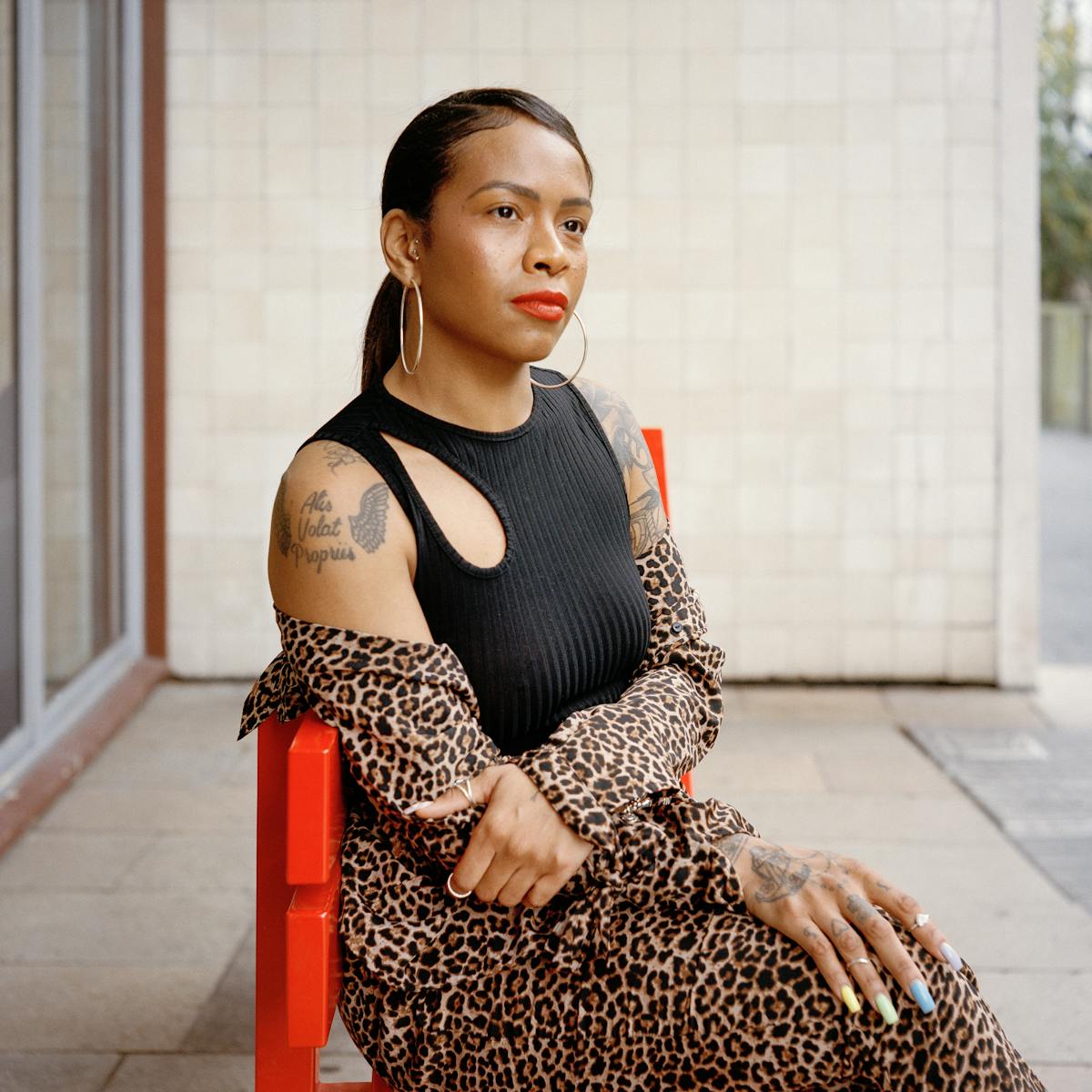When a woman discloses that she’s autistic, the reaction is often, “But you don’t look autistic,” or even a straight denial, “No you’re not.” This insightful and moving series of portraits and interviews by photographer Rosie Barnes allows the voices and experiences of autistic women to be heard.
For too many years there has been a persistent untruth that autism is rare in girls and women. The use of classic autistic male characteristics for diagnostic parameters has meant that generations of women have been overlooked and often arrive at a diagnosis decades after their male counterparts. These women may have careers, relationships and families of their own. I wanted people to understand the very real differences that they have been carrying with them throughout their lives, masking their true selves to enable them to pass for ‘normal’ in a neurotypical society that has not acknowledged or supported them – at the cost of their mental health.
This group of women, the majority here diagnosed within the past four years, are the least likely to be believed to be autistic. The irony is that their struggles are often greater because of their achievements, often in education or work, meaning they are even less likely to be believed and more likely to be misunderstood. I wanted to enable these women to tell their stories and to challenge our understanding and acceptance of different neurotypes in a society where there are so few opportunities to be seen or heard.
Hannah
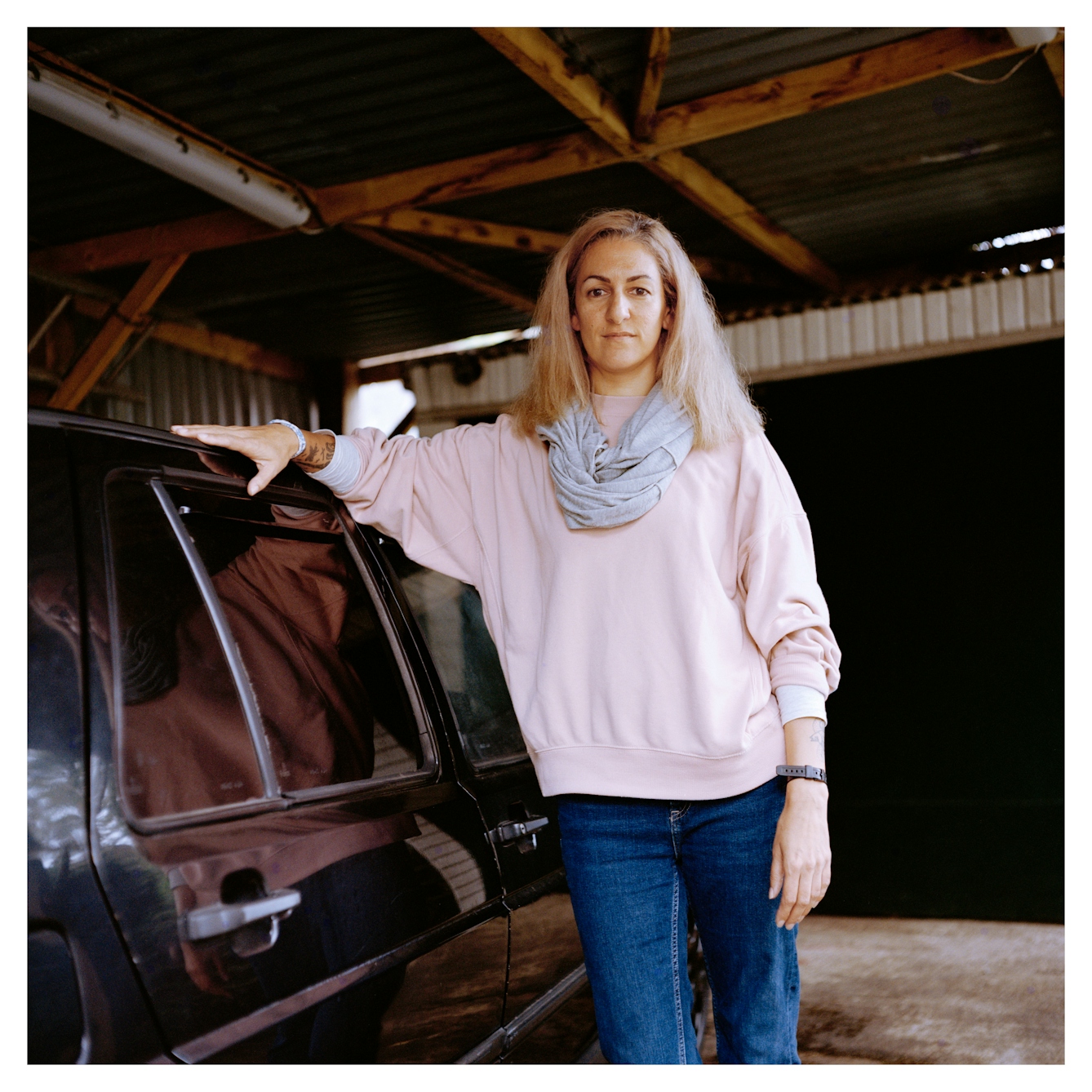
Hannah, 45. MA visual arts student, professional organiser, artist, mother.
“You don’t look autistic.” The number of times I’ve heard that – I mean, what am I supposed to look like?! Nobody questions a man when they say they’re autistic; the reaction would be more, “Let’s see how we can help you.” But with a woman, it’s “Well, you’ve managed so far…”
I’ve always loved cars. Cars, space, history and reading. I’ve no interest in hair, make-up, shopping or going out for lunch. I seem to have honed in on a masculine environment. I’d rather roll my sleeves up and work on my cars. But it doesn’t seem to fit the stereotypical way a 45-year-old mother of three should be living. I really struggle to understand people and figure out what they mean, but it’s much easier with men. Guys tend to say it how it is and I can say it back how it is. They are quite blunt and I prefer that.
When the pressure gets too much, I do have meltdowns: autistic overwhelm. I’ll curl up and cry. I have panic attacks where I clam up and freeze, or my jaw goes tight and I can’t speak. To be able to function again, I regulate myself by listening to a piece of music on repeat 35 times, over and over, while stroking my hair – stimming. It happens quite a lot, but of course nobody sees that.
Learning more about myself means I can function better and I’m happier. There’s a lot of joy in my life. I’ve stopped masking, which has given me more energy, more confidence and I’ve made better relationships. For years I thought I just needed therapy to fix the problems I had, but when I was told I was autistic, I realised it isn’t something that can be fixed. I am just me. I tell people who are close to me that I have social difficulties, this is just who I am, and if they don’t like it, then that’s on them. Nobody asks a visually impaired person to make more of an effort to see.
Lauren
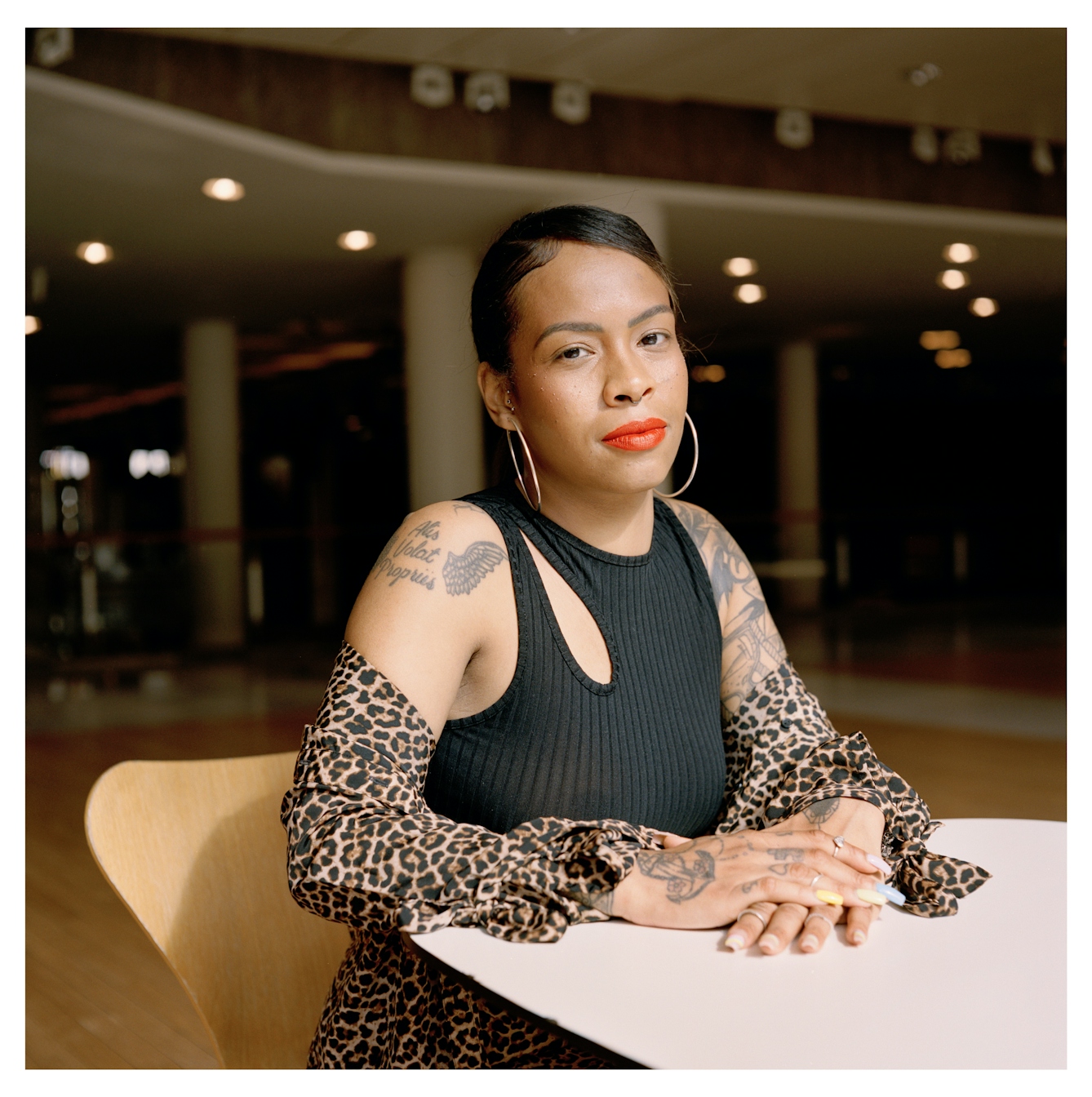
Lauren, 29. Event operations/project management, autism advocate, founder of Mask Off.
I want any girl who sees my portrait to be able to relate and to know that she is not alone. You can be Black and autistic. You can stay true to yourself and take strength and power from that.
I basically raised myself. Masking was a coping mechanism but also a survival technique, because I was the outcast everywhere. I was highly intelligent, on the Gifted and Talented register. I went to a mostly white school where I was never going to fit in. I was bullied and excluded, because I’m Black, because of my socio-economic situation, because I’m a woman.
I used to be adamant that masking was solely negative, but I do feel it’s sometimes beneficial, as it enables me to suppress my challenges and excel in neurotypical society. That is how I have survived. When I’m in work, I’m the most valuable player in the team, no matter what level or what industry. It doesn’t matter when you’ve subconsciously mastered masking.
I do realise it’s unsustainable, though. I have really bad social anxiety: it could take me five hours to leave my house, which could include me being sick and having multiple panic attacks.
But the people I’ve been most rejected and dismissed by are Black people. My own family, the people who I’ve grown up with. This is because of the stigma that my culture associates with disability, with mental health. I am very easily triggered and get very defensive of my safety because I’ve had an autistic meltdown misconstrued as a mental health crisis. I’ve been sectioned because of it, whilst crying, “I’m autistic, I have ADHD, I am Lauren, I’m present. This is the date. There’s nothing wrong with me. I support others, I speak at conferences, I consult the NHS.”
They see a Black woman who they’ve been told is angry, aggressive and all these other racial stereotypes. So you’re even more invisible as a Black autistic woman, invisible to the people who hold the keys to help, because they’re busy taking notes on your background and not actually listening to you. It’s something that just needs to stop, it really does.
People see what’s on the surface and think that I’m outgoing, confident, eloquent, outspoken. It makes me feel trapped. I’ve had a lifetime of misdiagnosis, knowing I needed help, but not knowing what help to ask for, so never receiving any – something that’s not changed, even with a diagnosis.
Belinda and Heidi
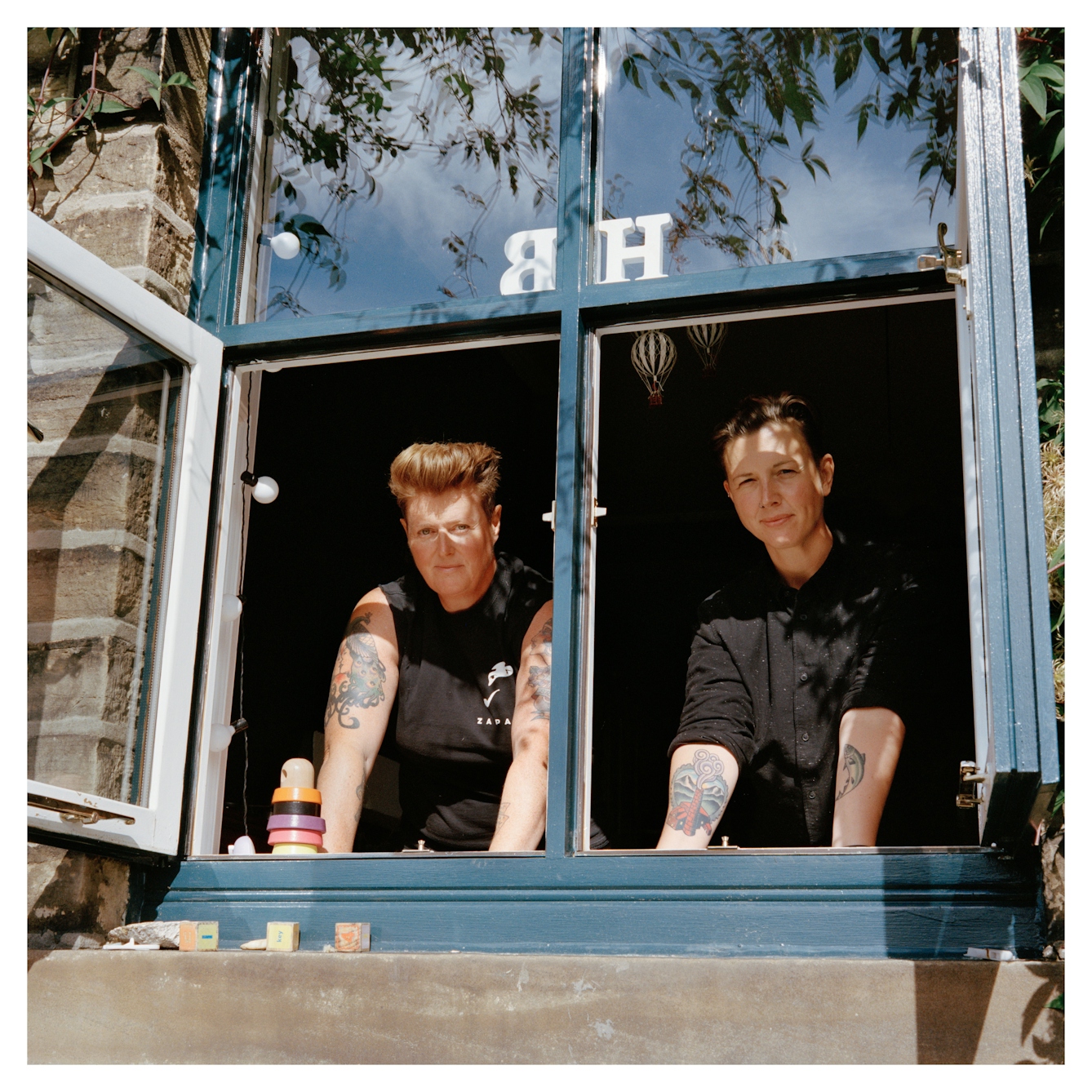
Belinda, 50, Heidi, 41. Musicians, singer-songwriters, parents.
Belinda: We met on the music scene. We were both in chaotic stages of our lives and were really struggling. If you’re constantly unsure, it’s exhausting and angst-inducing. You can’t really flourish because you’re always falling back from anything you’ve built up. We sometimes wonder how things would have turned out for us had we not met each other when we did. There are many autistic people, women included, who have ended up in real trouble, purely from autistic naivety, not able to read situations as others do, getting mixed up in the wrong things with the wrong people.
Heidi: We are very lucky to have found each other. We’re each other’s guide and we’ve given each other stability. Together we’re so much stronger.
Belinda: There’s a crazy idea that you can’t be autistic if you’re creative, but it’s sort of the opposite. There are so many autistic creatives, especially in music. Music is pattern-based and quite mathematical and we’re both quite logical. It’s also a way of channelling the things that you can’t verbalise.
Heidi: We’ve found a job that we can do together. I love performing, I love making music together, but there’s a huge expectation to be sociable. People have a perception of you as a performer. They think you must be really confident, but I’m only confident because we’ve created an environment that we’re in complete control of.
We’ve built this show, we’ve got distance from the audience, we’ve even created a sensory experience that we like and we do our own sound. So things are not necessarily as they seem.
Belinda: Quite a few women have got in contact to say it’s made a big difference to them, us speaking up about being both autistic and queer. There seems to be a real crossover and we wanted to talk openly, in the hope that it might help others.
Margaret
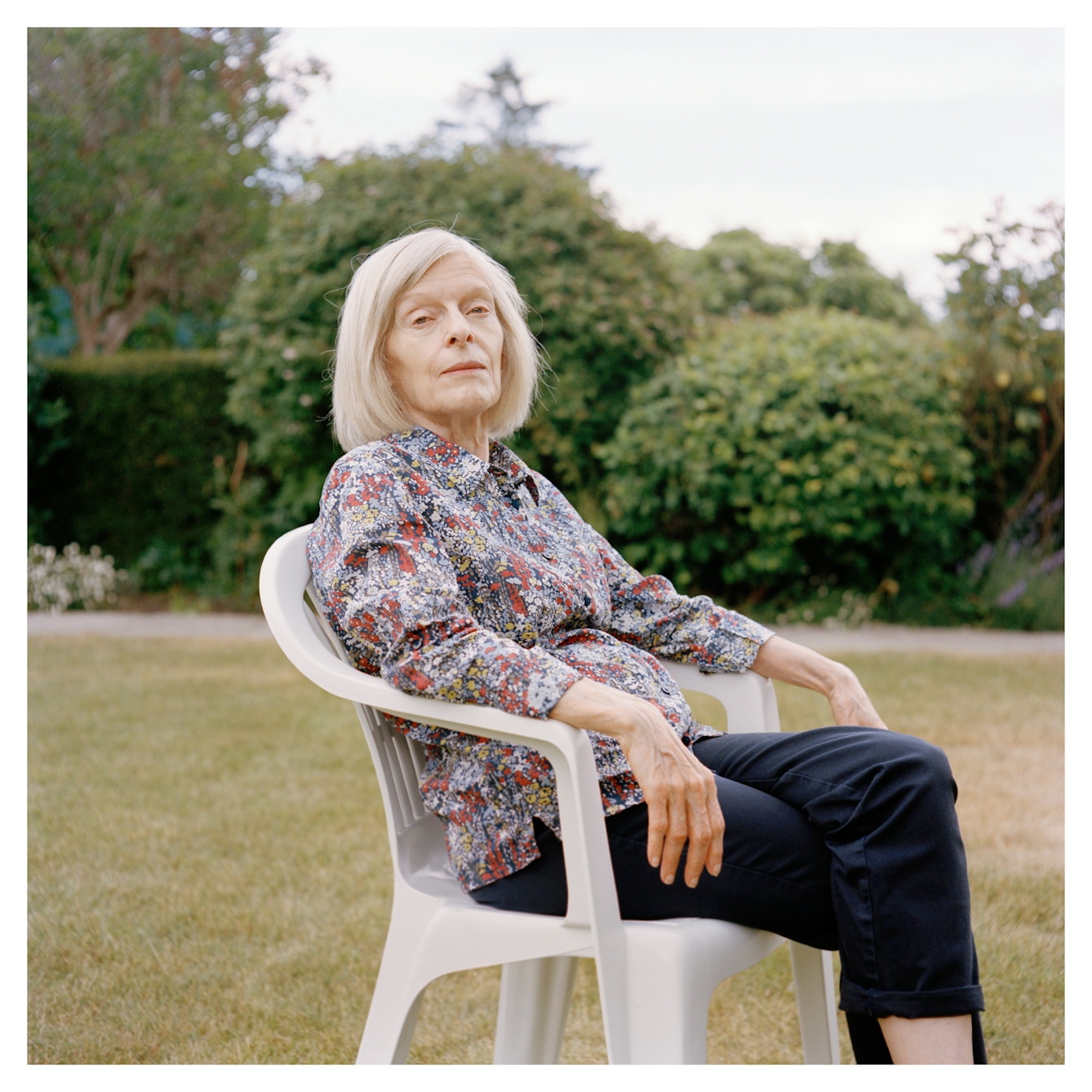
Margaret, 73. PhD in astrophysics, retired civil servant, author, wife, mother, grandmother.
I wouldn’t actually want to be any different. My ability to notice things and my obsessive interests have brought me a lot of joy over the years, and I wouldn’t have sacrificed these, even with the social difficulties I’ve had.
I remember a meeting with a Junior Minister, when my boss said to me afterwards, “You really shouldn’t have told him you would take his ideas into consideration when you make the decision. He’s the one who will make the decision.” I had no idea I was coming across like this. I’m terribly bad with hierarchies. I can talk to people one human to another, but I can’t talk up or down. I don’t “know my place”.
I’ve had two novels published, but while I love the research and writing, I find the publishing and marketing excruciating. Launch parties and putting myself “out there” for interviews with the media are just not my thing. But it’s what publishers expect you to do. It’s like telling someone you’re an experienced deep-sea diver and then hearing them say, “That’s great, now go and climb Everest.”
Seven decades of not knowing has taken its toll. I’m pretty good at masking, but it’s hard to know where the real me is. Autistic people are often perceived as weird. Don’t you think we’d try to hide our autism if we can, if the alternative is to have people ridicule or reject us or tell us we’re broken? That’s what we use our intelligence for – to act the part of ‘normal’.
It’s vital that people understand that women can be autistic too, otherwise many women are condemned to live a kind of half-life, with talents never fully expressed or recognised. I feel that speaking out may be the best way I can express the true me in what remains of my life.
Elinor
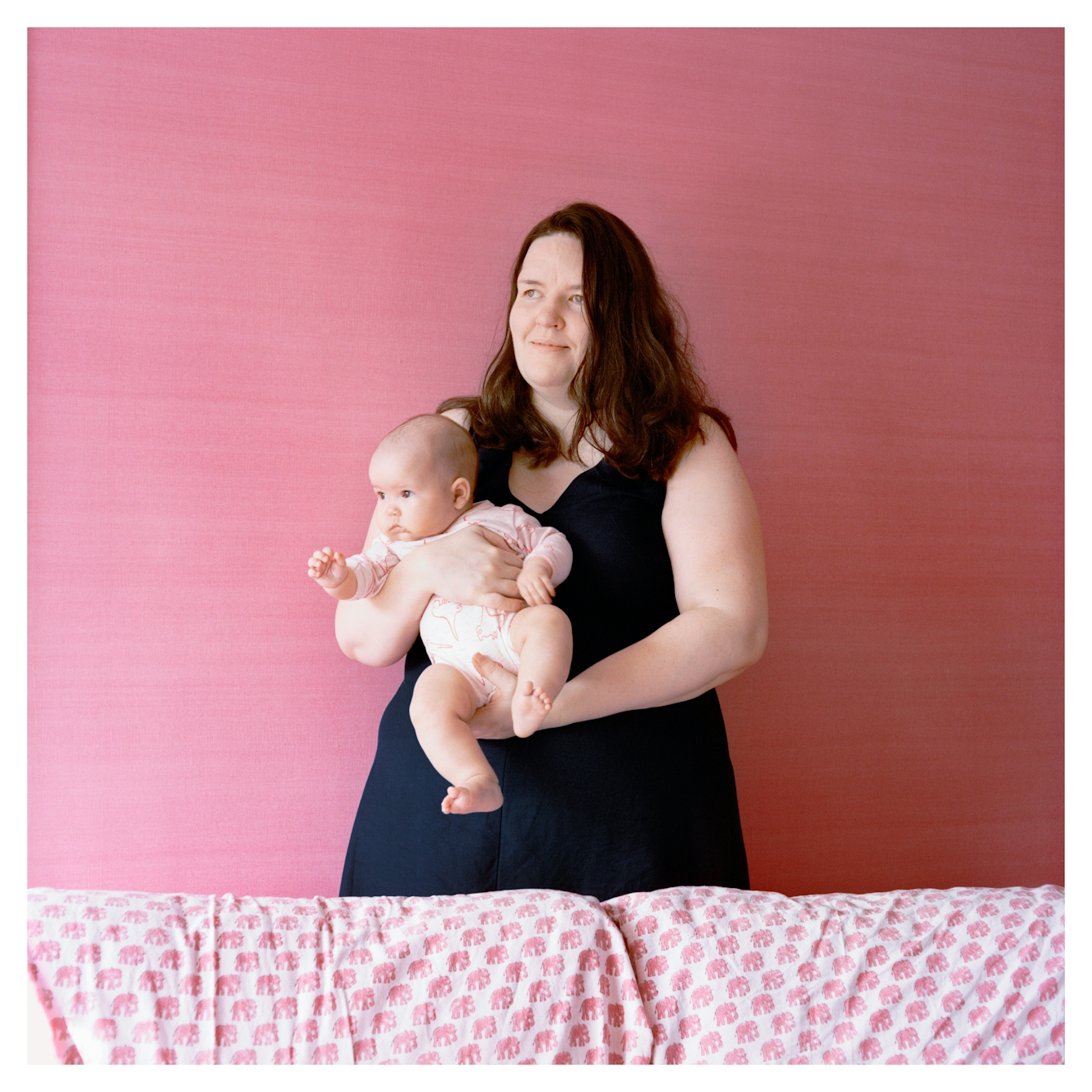
Elinor, 37. Artist, collaborative arts practitioner, performer, mother, partner, Founder of Magical Women.
I remember being four years old in the playground, standing with my arms behind my back against the wall and scratching off the gravel, always edging back, whilst all the kids around me were just kind of running; they always had purpose and focus.
I was just praying for rain so we could go inside where there was structure. I could draw or read a book and be in the corner where it was just easier. But the teachers would come up behind me and push me forward saying, “Go play, Elinor, go play.” I’d just literally be frozen. It felt like a dream of being in a snow globe where everything is falling. I also had a very vivid sense that I had come from somewhere else and I wanted to go back there. I would look up at the sky and think, “I’ve had enough of this now, can I go back please?”
Secondary school completely defeated me in terms of fatigue; I was burnt out all the time. I felt I was floating for most of my lessons; I could hear the teachers speaking but I couldn’t understand anything that they were saying. But I had very high marks as, although I struggled in lessons, I could excel in homework because I had time then to be quiet, to write and to understand.
There’s a feeling of life passing me by; I still feel like that four-year-old in the playground. I’m working, I’m getting commissions here and there, but nothing that sustains me, and I feel like everyone around me, people I went to school with who were not as bright as me, are now really successful in their careers, earning a lot of money. I was constantly told I was “too intelligent” and I sometimes wonder if I’d gone to a special school, I might have had a quieter, smaller life, which would have been more manageable for me and I wouldn’t have this hanging over my head constantly that I am not good enough, that I’m wasting my degree, my life.
I’ve never been able to do a job properly, full-time, for longer than 12 months before I burn out. I have very low confidence but I do know that I am powerful, that I am strong, that I’m very effective. But I struggle so much to put myself out there, which is why I’m a collaborative practitioner. The official diagnosis was the biggest validation, to have people understand why life is incredibly hard for me.
Amanda and Sophie
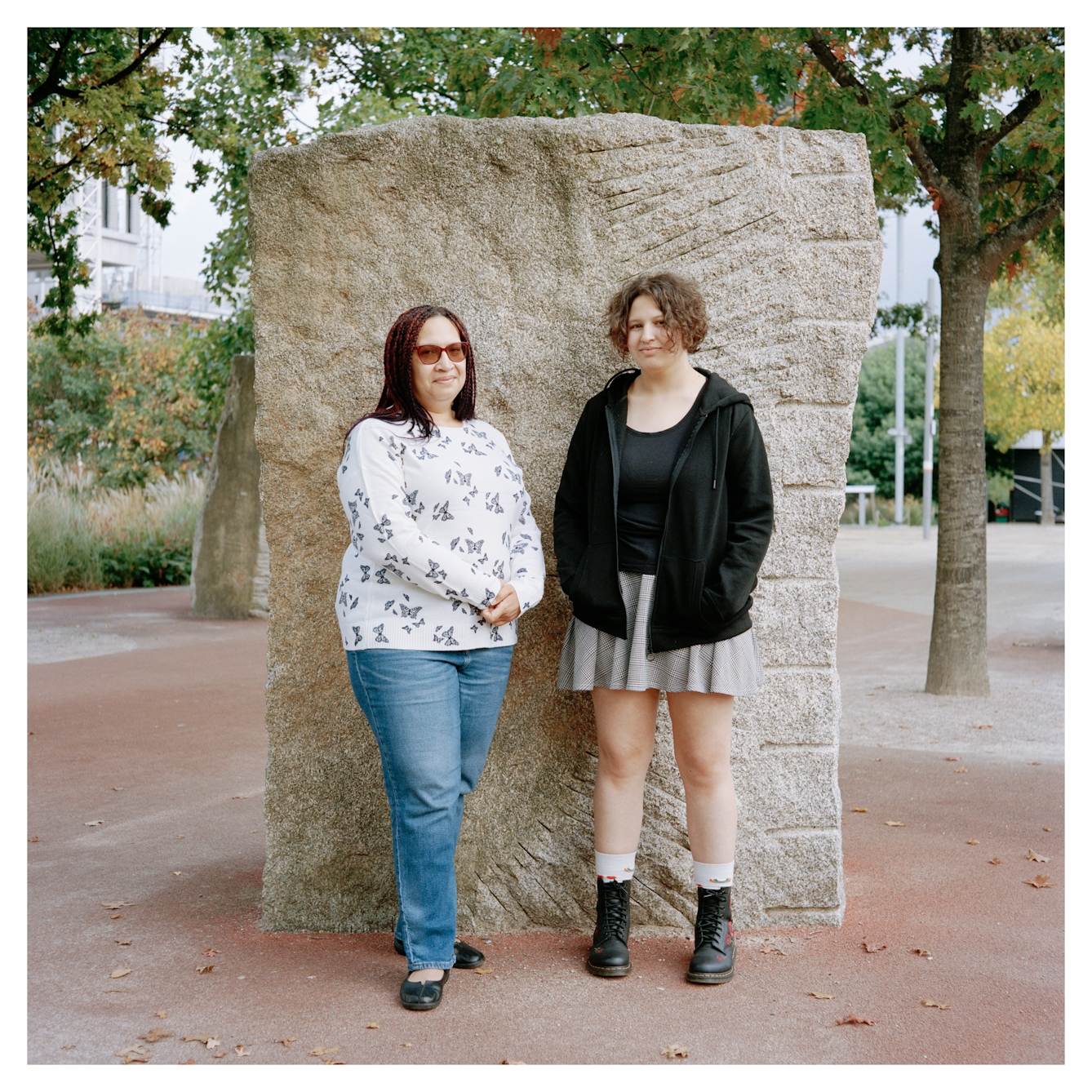
Amanda, 44, teacher (SENCO), MSc Psychology student, Autism consultant and Sophie, 20, student nurse, musician – mother and daughter.
Amanda: It was only after I was diagnosed that I started to notice things about Sophie that I could make sense of. So much information out there is about boys, which I didn’t relate to myself. As I learned more about me, I learned more about Sophie and I didn’t want her to go through the years of struggle that I had, just because she didn’t know.
Sophie: When we’re at home, we are just totally raw ‘us’. It’s so nice to be able to drop the mask. We laugh a lot and we can relax and just be ourselves without the weight and fear of judgement.
Amanda: It’s everyone’s want and need to be able to just be yourself. Doing that at home is safe. But if you’re an autistic woman, doing that outside of home makes you vulnerable and with that you’re putting yourself in danger.
Sophie: People often say, “Well, I think we’re all a bit autistic,” and I just want to shout “No!” People question our diagnosis. They say: “No you’re not – you can’t be. You make eye contact, you’re too friendly, you’re too chatty…”
Amanda: “…you’re too clever, you’ve got a job, you can hold down a job. You’re married, you’re a mother.” Why would someone question our diagnosis, like they think they know more about it than we do? It’s so arrogant.
They can’t see our struggles. They don’t know how fundamentally different things are for us. They don’t know that while I can easily teach a class of 30 children, I can’t really make friends and find it so hard to know how to speak to adults.
Sophie: All we can do is just keep telling our stories, one at a time, until people realise there’s so much more to being autistic, especially if you’re a woman.
Louise
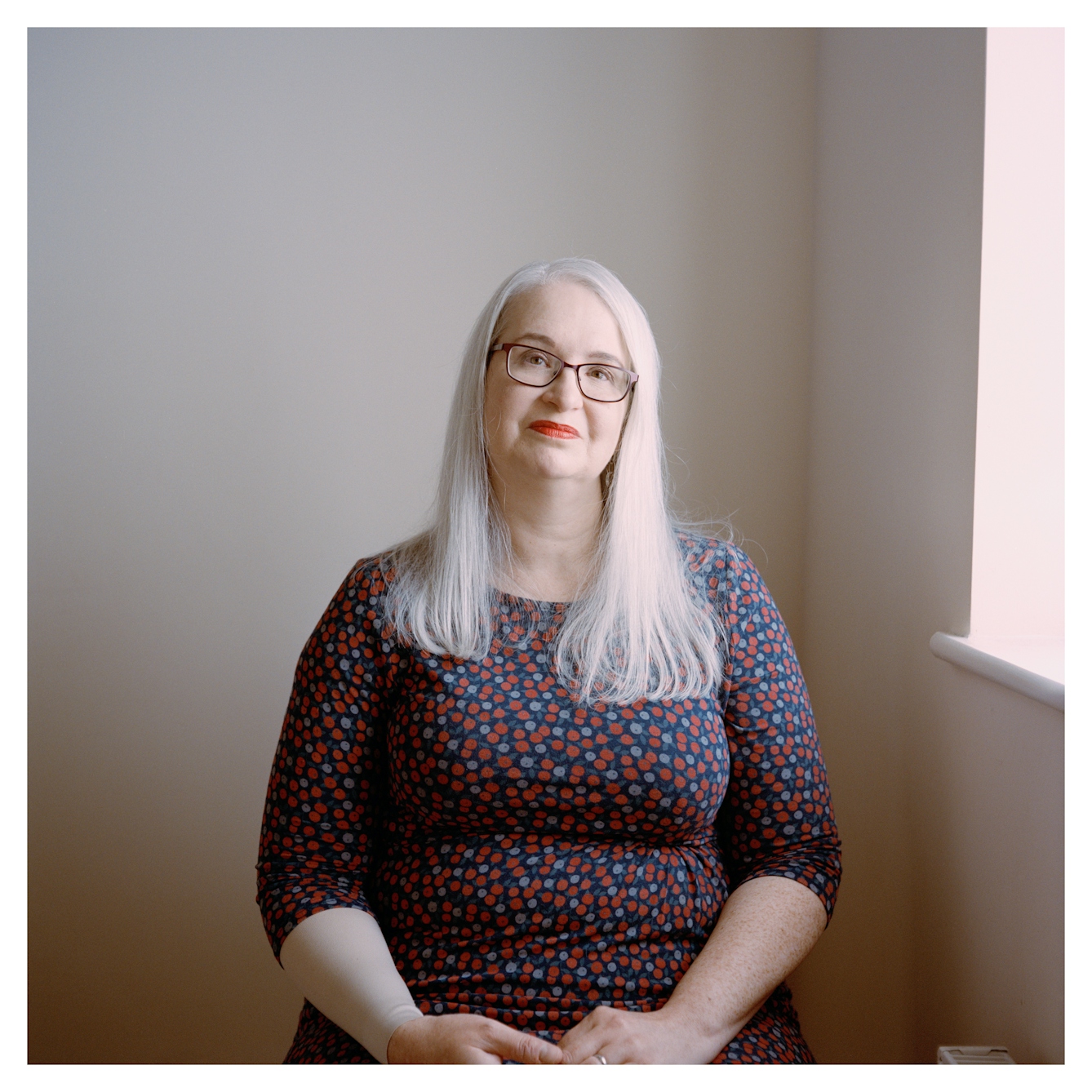
Louise, 49. Former consultant and policy analyst, mum, peer supporter.
In my placement year, I was working in a team where everybody had decided they didn’t want to know me. It’s like there’s an invisible forcefield around you. People bounce off it and don’t want to be near you, however hard you try. I told myself they just weren’t very nice and went on the work night out anyway. My flatmate came to meet me later and within about 20 minutes she was standing with my boss and a couple of other people, all laughing, having a great time. So clearly it was me, not them. When I got home I just cried.
All through school, I was pretty much shut out, ostracised. So I couldn’t even really see how the other kids did social stuff, let alone practise it. It’s like the stories of children being discovered, having been raised by wolves in a forest and, “Oh, they don’t know how to use a knife and fork!” Well, what a surprise.
You try so hard, watching, analysing, but you never get it right. You can’t. It’s exhausting. You think, it must be that difficult for everyone, so if I can’t do it, I must be a lazy, bad person. But I found out that it wasn’t the same for everyone and that I’ve actually been working harder at it than everyone else, pretty much my whole life. I seem to make some people existentially uncomfortable. Then, when I get something wrong, as I always do, they seize on it like a vindication: “Ha! I’m not just being mean!” – (they are).
But I no longer feel it’s my responsibility to try to make people like me. I’d rather put my energy into things that aren’t so thanklessly soul-destroying. I am a skilled, systematic empathiser, precisely because I don’t just assume everyone feels the same as me. I find facts, connect information and identify truths that sometimes seem to astonish people. I am a taker of logical leaps of faith, a stubborn negotiator of obstacles. I try to use all these things to help other people. Last week someone told me I was kind.
Jayne
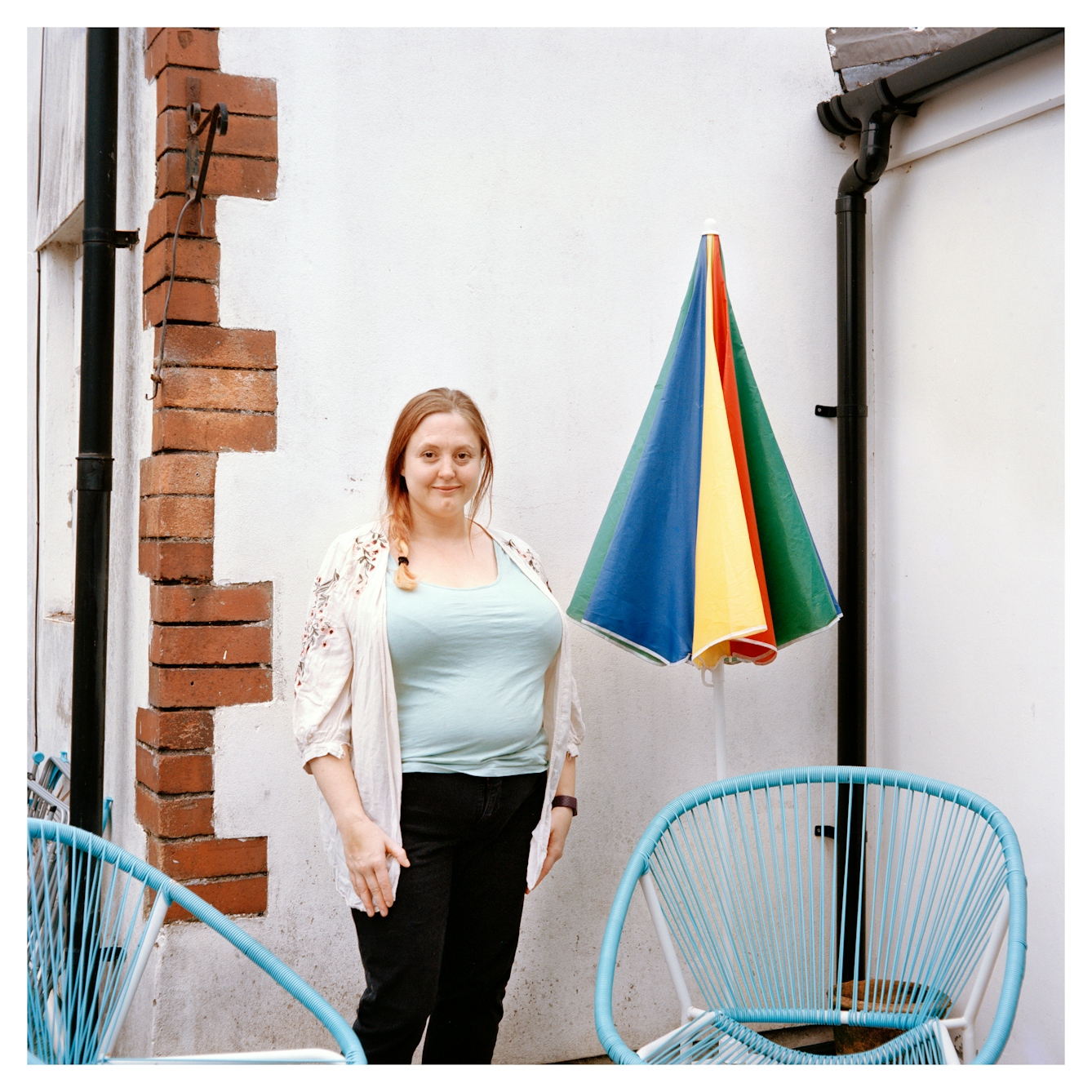
Jayne, 37. Press officer, partner, mum, friend.
I don’t think that the experience of being autistic itself is that much different for men or women, it’s just that society has taught women to fake it better.
Growing up, there was very much a focus on if you could do things academically; it didn’t really matter about anything else. There was no focus at all on your social or emotional wellbeing and that’s where the problems lie.
There are rules for how to be in society and they’re much more clearly defined if you’re a woman. It’s about conformity and if you don’t conform, you’re being rude. But this leaves you very vulnerable. I don’t know many women, especially autistic women, who haven’t been sexually assaulted. Bad people can always spot someone who’s different – they know who’s vulnerable. It sounds very simplistic, but people lie. And if you’re autistic, you can be very literal and not always spot that, and so it’s not always clear what’s going on.
Then, because of the narrative that women can’t be autistic, you’re often not believed. And you’ve learnt that you mustn’t kick up a fuss, so you don’t know how to articulate when there’s a problem, when you don’t trust that you’re going to be heard. So there’s a feeling that the only way to be heard, to get authority to listen, is to shout. So you start believing that you are rude. You’re thinking, “I’m not a rude woman,” but that’s how you’re treated if you’re autistic.
It shapes not only your personality but other peoples’ perceptions of you. It makes you easier to become the victim. Otherwise you’re just seen as a meddlesome, difficult woman. It’s so unfair when all you’re wanting to do is to just be heard.
Sumita
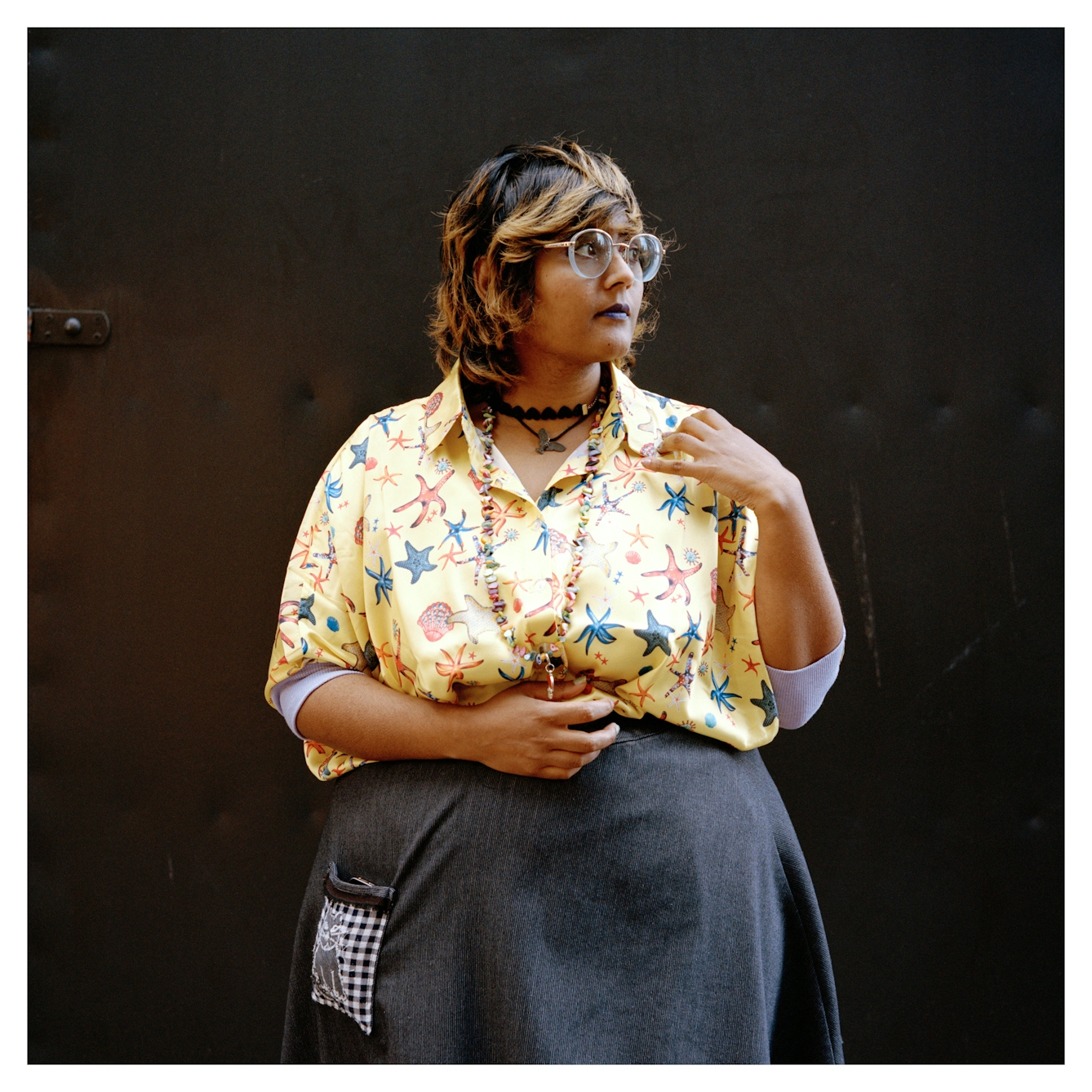
Sumita, 31. Performer, writer and collaborator on CBeebies’ series, ‘Pablo’.
I’m a creative-imaginative autistic person. I’ve spent a lot of time on my own, but I do know people and I do have friends. Non-human connections, however, are really important to me too. For me it’s about energies.
When I’m with nature or a non-human, that communication can feel much more natural. I feel that things reach out to me in those moments and that’s really precious. It’s an energy – an essence and can be really meaningful, really powerful. There’s no way of not respecting that it is also a friendship: it is a two-way exchange. I feel extremely lucky to have this sense of connection with things.
To communicate with a person, that connection is more complicated. You have to go through layers of translation, which is really difficult for many autistic people.
It’s also why performing has been really good for me. When performing, you put your essence out in the air and if someone else connects with it, then that is the introduction. You can then skip all of that difficult intro stuff and just go straight to being connected; you meet them right there.
Emily
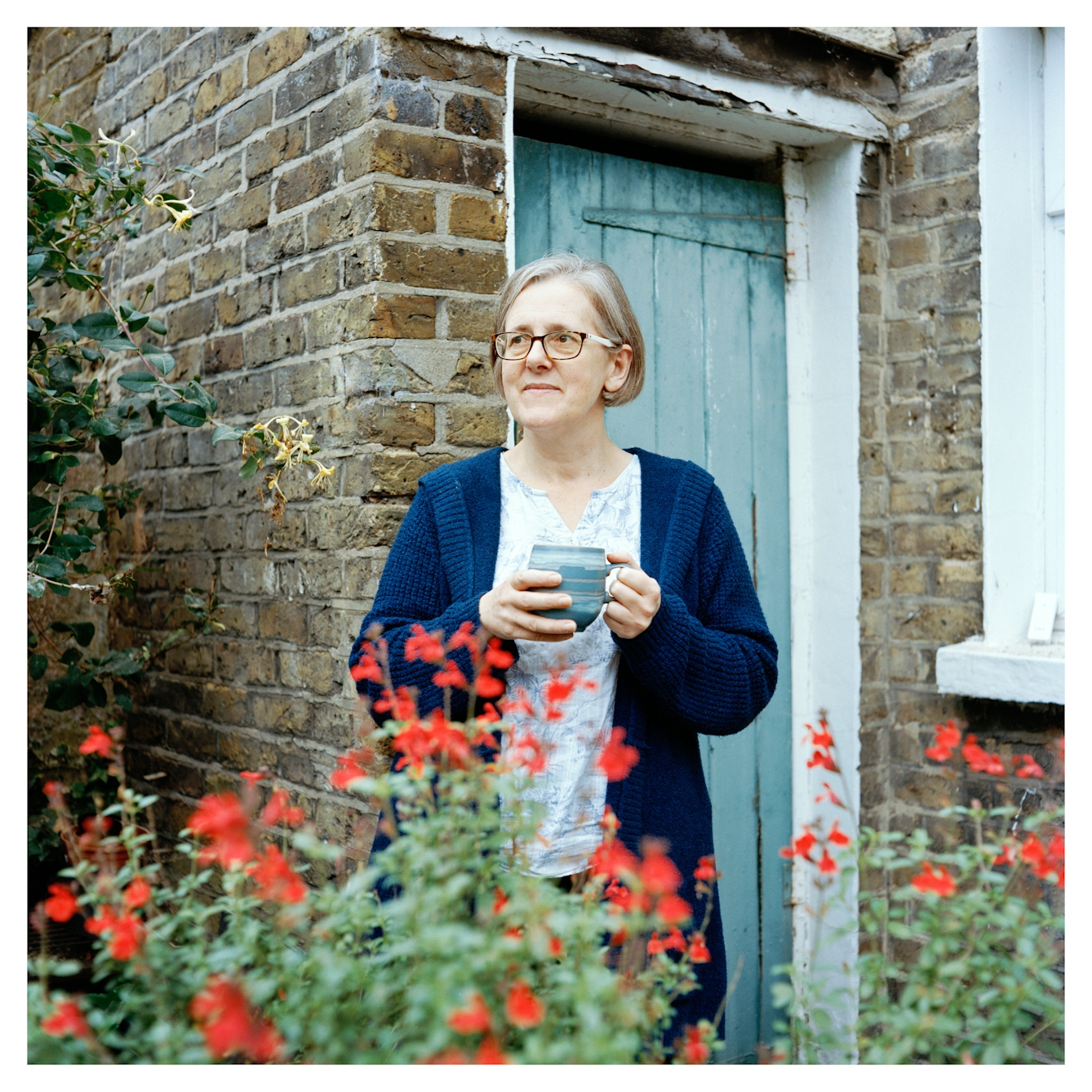
Emily, 51. Policy advisor in central government, mother, partner.
I find navigating friendships very difficult but I’ve made good social connections at my local Buddhist group. We talk explicitly about “rules”, about what honest communication is, about what community is. We talk about when being truthful is helpful and when it is not. About when you should speak and when you should not.
There’s a real emphasis on kindness and compassion and the value of your own experience. I find it enormously helpful when working on my autistic burnout, on how to self-regulate, how to unmask, just reflecting on the scale of trauma and mental health issues that most autistic people have to deal with.
Society fundamentally traumatises us from day one, without an understanding that yes, I am different. And whilst post-diagnostic services are so limited, I think this support is invaluable. I saw a psychiatrist who knew she was meeting somebody who was autistic, but she’d never heard of autistic fatigue or burnout. She didn’t know that the experience of trauma, both what triggers it and the way you then express it, is different for people who are autistic.
I’ve spent my whole life masking just to fit in and not knowing why I didn’t. Things are better post-diagnosis, but it is exhausting having to self-advocate in a world that still doesn’t quite believe us and still doesn’t quite understand. We need to go beyond this.
I really value autistic spaces and think we need to create more, but cross-cultural connections are also important to me because I think we’ve got more in common in being human than we have in being different neurotypes.
Alison
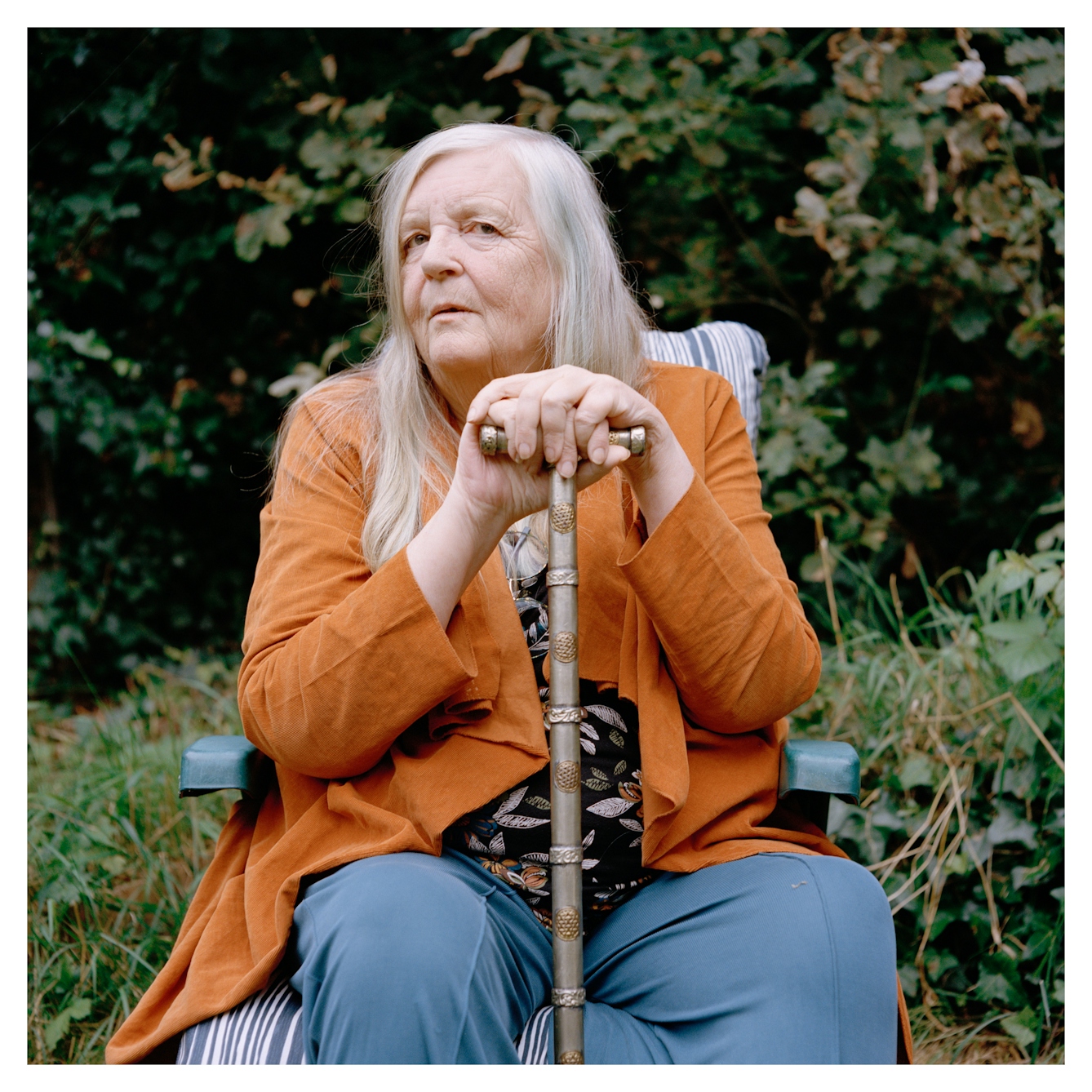
Alison, 72. Retired teacher and trade union rep, wife, mother.
I am convinced the stress of living a lifetime with undiagnosed autism is one of the things that has caused my bodily health to break down. It’s like I’ve got an autistic body as well as an autistic mind.
I think of my pain as a physical manifestation of my autism. Everything hurts, inside and out, top to toe, 24/7. My official diagnosis is chronic global pain syndrome, but I also have fibromyalgia, which is very common in autistic women – a nerve disorder triggered by brain chemistry. When I’m having an autistic shutdown – the complete inability to function – I get a fibro flare-up.
For me, autism and pain rise and ebb together. If I’m overloaded with sensory input that I can’t process or control – light, noise, colours, crowds of people or perhaps the stress of language demands – the pain floods in. And if my physical pain rises suddenly – it’s a meltdown tsunami.
People will say, “But you’re not autistic,” and I think, well, you haven’t seen me standing in the aisle in Sainsbury’s sobbing my heart out, rooted to the spot, unable to speak or explain to anyone what’s wrong.
It’s an area that urgently needs researching – there are a lot of elderly autists who are suffering terribly. Women particularly.
Alison and Lex
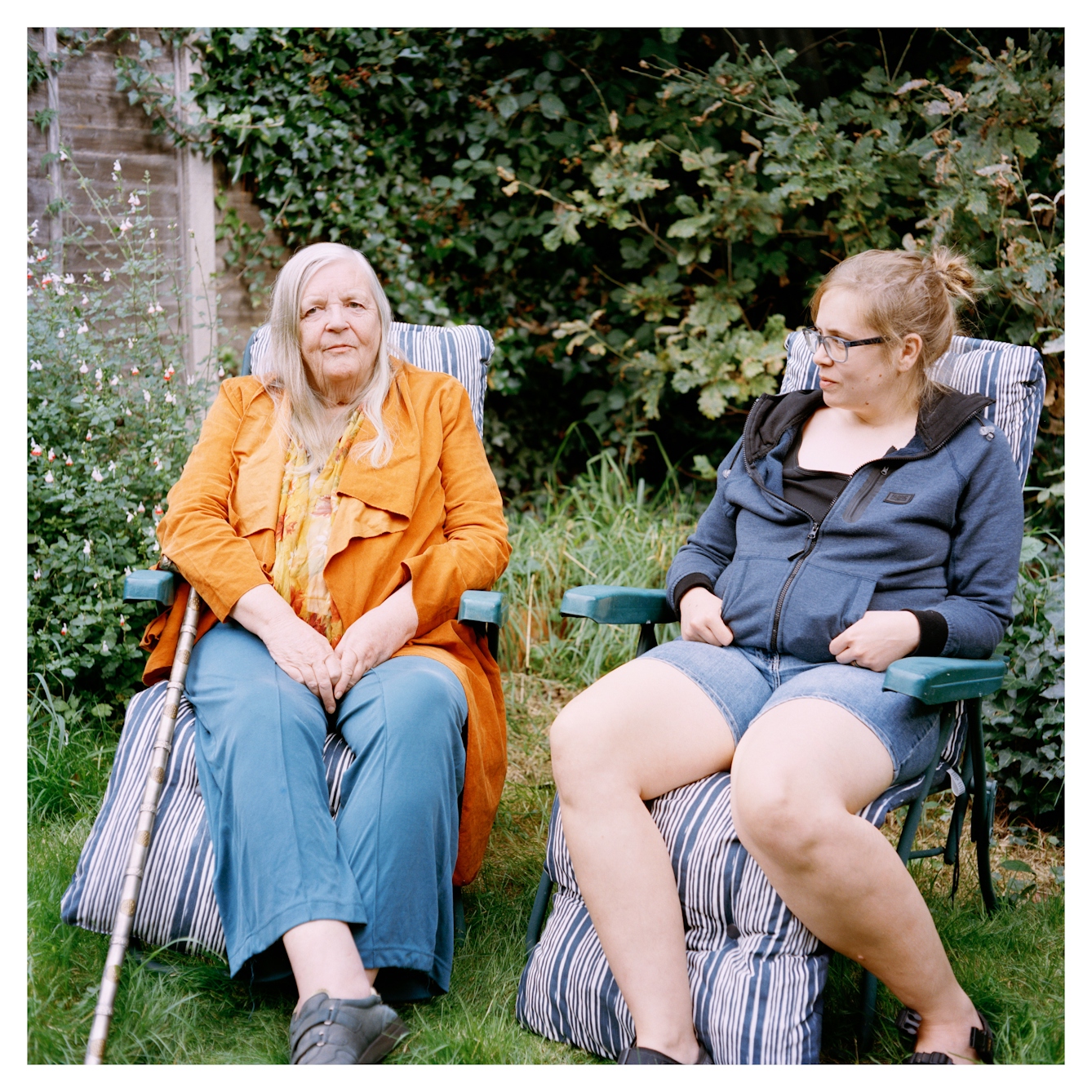
Alison, 72. Retired teacher, and Lex, 38, specialist autism speech and language therapist – mother and daughter.
Alison: If I’d known about female presentation, I would’ve known that Lex was autistic. I would’ve been a better mother. I’d have known she was struggling. I knew that our son was autistic, but because she seemed such a vibrant, outgoing child, it never occurred to me that Lex was too. And yes, I’m really quite ashamed of that now.
Lex: But how would you have known? There was me wanting to pretend and wanting to be with people all the time. I always felt different to others, but I wouldn’t have identified that I didn’t understand people or that I was struggling to communicate.
Alison: We had lots of clashes and I wasn’t accepting of your sexuality for a long time. If I’d known you were autistic and known that autism and queerdom often go hand in hand, I’d have got there a lot sooner.
Lex: But we really like each other now and we can spend a lot more time together. Before we’d only cope in each other’s company for a few hours before one of us would lose it and we’d shout and storm out.
Alison: Yes, because now I’m comfortable to just wander off for 20 minutes, whereas before you’d all think I was being stroppy and I’d end up in my room feeling awful about everything and waiting to be rescued.
Lex: Yes, before you always felt “there’s something wrong with me, somebody needs to fix me, save me”. And you were cross with me for not saving you. But now we know that there was never anything ‘wrong’ with you, you didn’t need fixing. It has taken the pressure off me too, because I always felt like I was failing you and that you wanted something from me that I couldn’t give you.
Alison: I envy you your neurodiverse community. For older adults like me, it basically doesn’t exist. I did take myself along to an autistic group meet-up, but I was the oldest by decades, so couldn’t really relate, whereas you live in a completely neurodiverse house of friends.
Lex: I seek out LGBTQ people, and the ones that I find I make friends with tend to all be neurodivergent. There’s a huge overlap. I use the word ‘neuroqueer’ for myself because I can’t separate the two.
We have a much better relationship now, based on mutual understanding. We can relate to each other, we have connected, we have common ground. You told me that receiving a diagnosis has made you realise your life hasn’t been a failure. I mean, you had a fascinating career – you were a specialist teacher – but to feel that way for 70 years – it’s just not right, not right at all.
About the contributors
Rosie Barnes
Rosie is an award-winning documentary photographer based in London. She started the project ‘No You’re Not – a portrait of autistic women’ in 2018, which now includes around 35 participants. Her book, ‘No You’re Not, Yes I Am - a portrait of autistic women’, features 33 portraits and extended interviews and is available on her website. Rosie’s initial interest in the subject came from autism within her own family, and during the project, she discovered her own neurodivergence. She is also the founder of Satsuma Neighbour, a radical initiative aiming to revolutionise housing for those with low support needs in a truly inclusive way.
